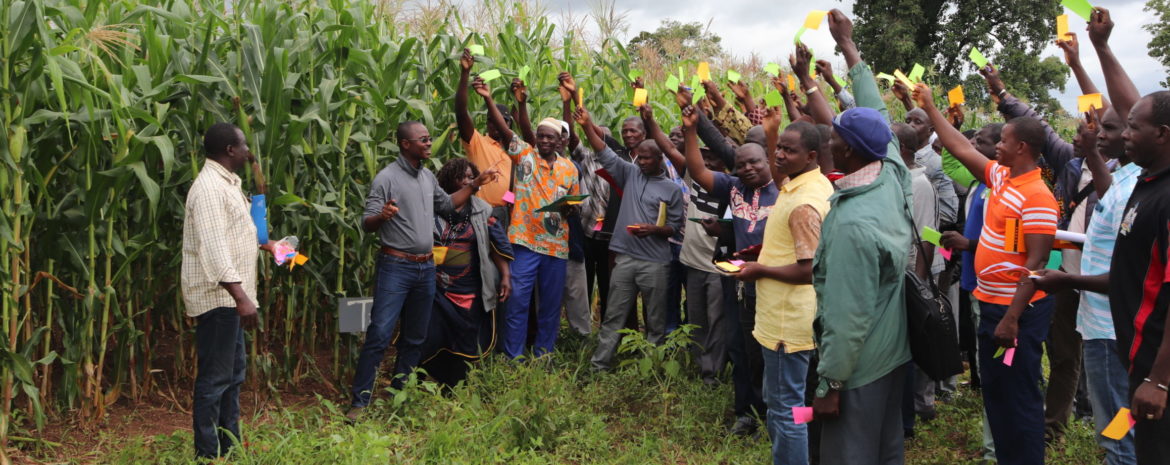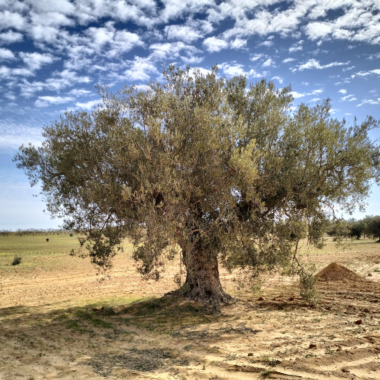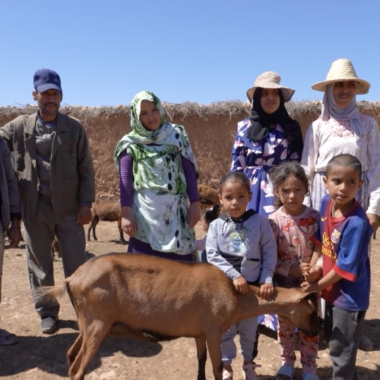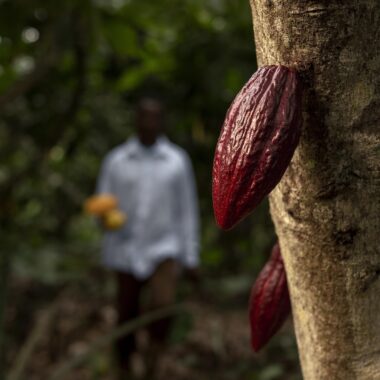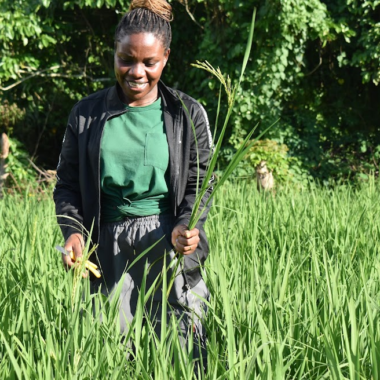Field days in Cote d’Ivoire build capacity for maize production in West Africa
Two field days held within the Sudanian and Guinean Savannah Agroecological Zones (AEZ) of Cote d’Ivoire focused on agronomic training for maize.
Organized by the APNI West Africa Program, the field days had 60 participants at Korhogo (Poro region) in the Sudan Savannah during August, 2019, and 60 at Daloa (Haut-Sassandra region) in the Guinean Savanna during September, 2019. Key stakeholders at Korhogo were the Regional Direction of Agriculture-DR Korhogo, Regional Agricultural Extension Service (ANADER-Korhogo), Cooperatives of the Federation of Maize Producers of Cote d’Ivoire (FEMACI), and Apex Union of the Cooperatives of Cote d’Ivoire (UFACOCI-COOP CA). At Daloa, participants came from the Regional Direction of Agriculture, Regional Direction of ANADER, Cooperatives of FEMACI, and National Action Platform for Family Farming in Cote d’Ivoire (PNAFCI).
A series of on-farm researcher-managed and farmer-implemented nutrient omission trials served as demonstration platforms for nutrient deficiencies diagnosis, and developing and deployment of soil nutrient management techniques based upon the 4R nutrient stewardship approach. This 4R approach develops farmer-driven solutions that focus on delivering the right nutrient sources at the right rates, right timings, and right placements.
The main objective was to demonstrate growth and development responses of maize to nitrogen (N), phosphorus (P) and potassium (K) fertilizers. Dr. Kokou Amouzou, Program Coordinator, APNI West Africa Program and Dr. Thérèse Agneroh, Program Manager, APNI West Africa Program also took advantage of these two forums to build the capacity of the participants to identify N, P and K deficiency symptoms in maize. Dr. Amouzou highlighted the benefits of balanced maize nutrition through 4R-based nutrient stewardship.
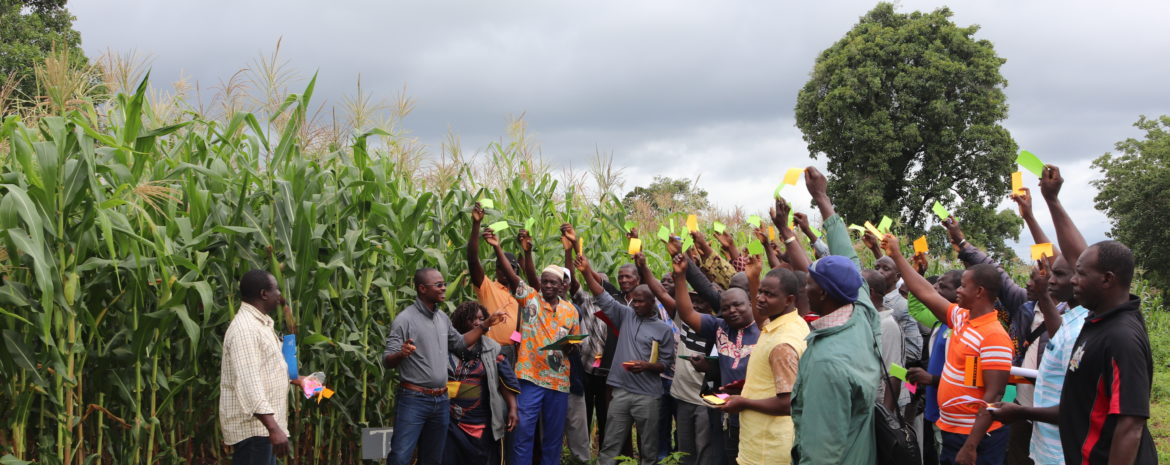
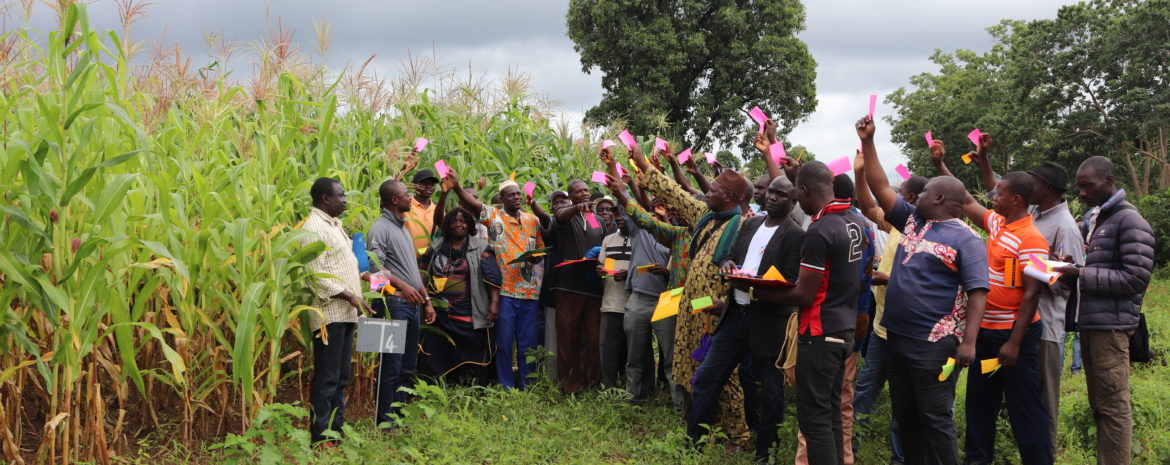
In both field sessions, participants judged the maize growth and development response in plots (using the colour-coded cards) receiving the full NPK treatment and compared that against plots omitting K, P and N. These treatments were graded as excellent, satisfactory, fairly good, and poor, respectively.
Dr. Agneroh later expressed her gratitude to all the stakeholders in each session of the field days for their active participation. She reaffirmed the commitment of APNI to develop effective nutrient management research and education partnership with national and regional stakeholders to promote best management practices (BMPs) for nutrient in major crops across West Africa. The field days were supported by UM6P-OCP-APNI Collaborative Program on Soil Nutrient Management Program in West Africa.
Contributors: Kokou Adambounou Amouzou, Program Coordinator, and Thérèse Atcham Agneroh, Program Manager, APNI West Africa.

